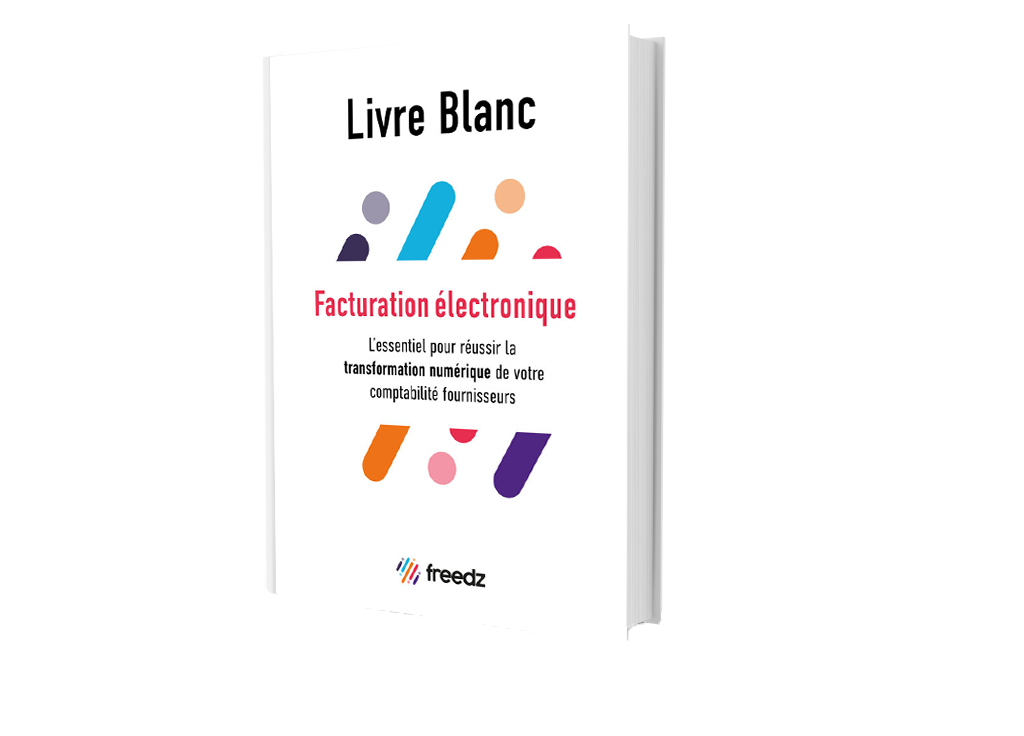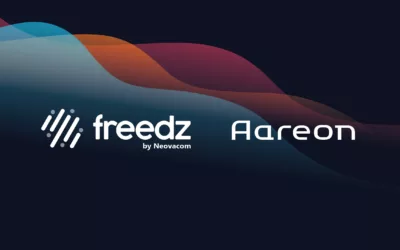Acknowledged invoice: definition, legal value and status
Acknowledged invoice: what is it?
A paid invoice is one for which payment has been made and confirmed. Acknowledgment of an invoice means that the amount due has been paid in full by the customer or debtor to the issuer of the invoice. Once an invoice has been paid, it is considered settled and no further payment is required. Acknowledgement can be confirmed by a receipt, bank transfer confirmation or any other means of payment attesting that the debt has been settled.
What information should appear on the paid invoice?
The receipted invoice contains a certain number of compulsory items, independent of the method of payment:
- Mention acquittée ;
- Settlement date ;
- Method of payment ;
- Regulation references ;
- Supplier's signature ;
- Legal information on the invoice.
Who can pay the bill?
Contrary to what you might think, the supplier is not the only one to pay the invoice: his customer can do so, as can the public accountant in the case of a public contract:
- The invoice is paid by the supplier : this is the most common case. The supplier has sent his invoice to his customer. Once he has received payment in his business bank account, he can record it as paid on the corresponding invoice. Without being obliged to do so, the supplier can send back an invoice marked "acquittée" (paid) to justify payment for his service or product. In this way, suppliers can better manage their cash flow.
- The invoice is paid by the customer : on the other hand, the initiative to send the paid invoice may come from the customer himself. On receipt of the invoice from the supplier, the customer pays the amount on the agreed due date. As soon as he sees that his bank account has been debited, he confirms payment by indicating acknowledgement on the invoice, which he can then send to the supplier together with a copy of his bank statement.
- The invoice is paid by the public accountant : this situation concerns a transaction with a public body. The public accountant is responsible for approving the statement of mandate accompanying the invoices from contracted contractors. By signing this document, he also indicates the expected payment date for each invoice.
Acknowledged invoice: what is its legal value?
While the receipted invoice remains optional, it is nevertheless of vital importance in attesting to the settlement of a debt or financial transaction, particularly if payment is made in cash. Of course, it is not the only means of proof of payment; a copy of bank statements showing the explicit wording of the transaction, or the certification of accounts by an auditor or chartered accountant.
Acknowledged invoices: how will the widespread introduction of electronic invoicing simplify the monitoring of invoice life cycles?
Invoice generation, issue, processing, payment and archiving are all part of the invoice life cycle. Before invoice dematerialization automated and accelerated invoice processing, the process entailed longer lead times and a risk of error when reconciling the payment with the invoice for accounting purposes. Now, thanks to dematerialization, it is possible to monitor the processing status of electronic invoices in real time, enabling more efficient, rapid and transparent management of the invoicing process.
Each phase of the invoice lifecycle is confirmed or rejected by statuses, which can be mandatory, recommended or optional. At Freedz, statuses can indicate that the invoice is available, to be validated or paid.
Managing electronic invoices via the Freedz platform offers a number of advantages that improve the efficiency and fluidity of processes within companies.
First and foremost, this solution improves intra-departmental efficiency by facilitating the workflow of the invoice life cycle. Each employee has the appropriate rights to intervene in the processing of an invoice, which speeds up its processing and payment. Thanks to an optimized approval circuit, invoices are more easily controlled and validated, from the requisite department through to accounting.
What's more, instant access to invoice status from the platform saves significant time. Employees can monitor the status of each invoice in real time, making it easier to meet payment deadlines and improve cash flow by avoiding late payment penalties.
By speeding up invoice processing, companies also reduce the risk of disputes with their suppliers. Real-time visibility by the supplier ensures better traceability of exchanges, enabling early detection of blockages and resolution of potential problems before they jeopardize supplier relations.
This enhanced transparency helps to improve relations with suppliers. Suppliers benefit from greater autonomy, as they can easily access the status of their invoices without having to contact the relevant departments. This fluidity in exchanges fosters more harmonious commercial relations and reinforces mutual trust between companies and their suppliers.
Read also - Supplier invoice processing status: what are the advantages?
Don't wait any longer, request a Freedz demo!
Automating the sending of invoices on Chorus Pro: the first steps towards widespread electronic invoicing
Since 2020, any company dealing with a public entity must submit its invoices on the Chorus Pro platform. This obligation stems from law no. 2014-1545 of December 20, 2014 on simplifying business life and concerns all...
Freedz & Aareon partnership
Automate the processing of your invoices by dematerializing their collection and issue thanks to the Freedz platform and its automatic integration into Aareon's PIH or PRH software packages.Aareon, European leader in information systems and digital solutions...
How can pre-accounting help you optimize your financial management?
Keeping accounts is not only a legal requirement for companies, but above all a way of ensuring sustainable, efficient financial management. It is through this discipline that cash flows are recorded, analyzed and interpreted,...
Our most popular free resources:

White paper: the essentials for a successful digital transformation of your accounts payable
This white paper provides answers to the main questions you may have when making the transition to electronic invoicing, as well as the points to watch out for in order to successfully complete your project.

The Guide to 2024: everything you need to know about the widespread use of electronic invoicing
This guide contains all the information you need to understand the new legislation and to anticipate this change.

Case Study: Improve Accounts Payable Efficiency While Maintaining Control
In order to improve its supplier relations and enhance the value of its employees' missions within the accounting department, Halpades has chosen to completely dematerialise its supplier invoices thanks to Freedz.






